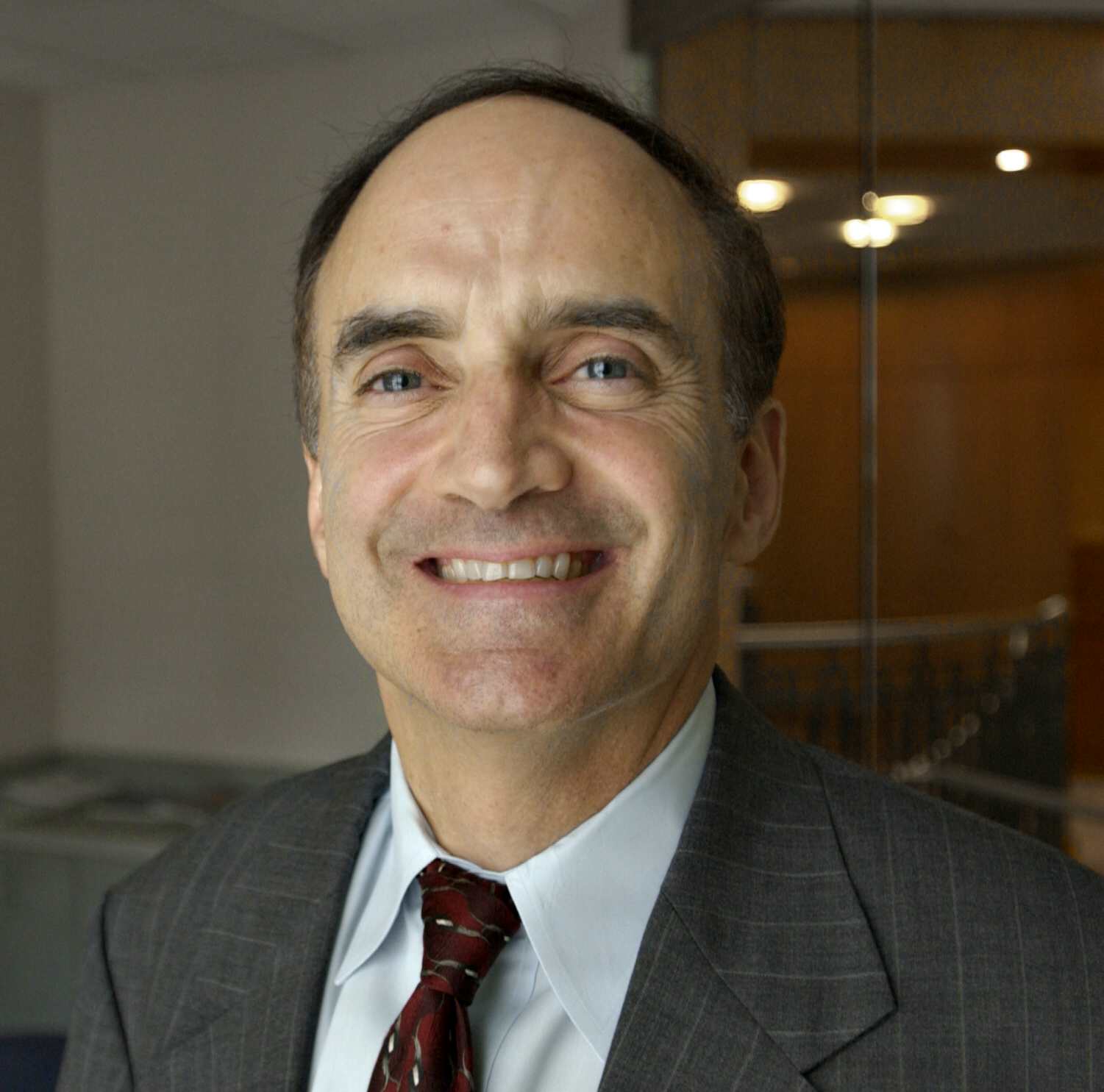 MY VIEW:
MY VIEW:  MY VIEW:
MY VIEW: With the revelation of
baseball's embarrassing
drug
scandal -- now Barry Bonds says he used creams and liquids and
didn't know they were steroids, and Jason Giambi simply admits
taking the drugs -- Major League Baseball should take a look at
what USA Track and Field has done to clean up its sport.
Track and Field was facing a similar huge scandal before the Olympics when a half dozen American stars were caught cheating or implicated in the growing BALCO scandal by way of leaked grand jury testimony.
|
While Jones is the biggest name, the others included world 100-meter record holder Tim Montgomery, world sprint champion Kelli White, distance runner Regina Jacobs, and stars Michelle Collins, Chryste Gaines, Alvin Harrison and Torri Edwards.
All these stars either were busted before the Games or were so afraid of being busted by Track and Field's new stringent and absolute testing policies that they couldn't go "juiced" to either the Olympic Trials or the Games. In other words, the drug ban and testing worked.
Craig Masback, the former world-class miler who is now CEO of USA Track and Field, headquartered in Indianapolis, is largely responsible for the recent cleanup of the sport he loves.
At the USATF national convention just concluded Dec. 5 in Portland, Ore., Masback said he has authorized the U.S. Anti Doping Agency to test all elite athletes "to catch the cheaters and discipline them, no matter who they are." Masback isn't happy about finding a cheater: "it's regrettable," he says, but he understands the need: "When you do catch people, it's good for the overall goal of ending drug use in sport and for the credibility of sport."
Sometimes an athlete says (when busted) he or she "inadvertently" has taken an illegal substance. World 100-meter champion Torri Edwards claimed that bottled glucose she bought in the Caribbean for an obscure exhibition track meet turned out to have a stimulant it doesn't have when she buys it in the States, and that's why she tested positive in Martinique. Maybe. But to send the right message to athletes and the kids who see them as role models, Masback asserts you have to stay on the side of "strict liability and zero tolerance." Instead of a lifetime ban, Edwards got two years' suspension from USADA. "You need to continually look at the system to make sure that overall outcomes are fair," says Masback.
But his bottom line is that, "As painful for Track and Field as it is to discipline its highest-profile athletes, the benefit in the long term of deterring young athletes from cheating is very positive."
Contrast Major Leauge Baseball's testing to Track and Field's: Baseball's program is a joke. The players' union refuses to consent to strict prevention and enforcement, maintaining it is an infringement of the athletes' rights.
What exactly are the penalties of steroid use for ballplayers? The first positive test results in treatment. The second? Up to a $10,000 fine (the big guns make millions, so that's pennies to them) or a possible 15-day suspension.
No. 3 and No. 4? That's 25 to 50 days. The fifth? A $100,000 charge or maybe a one-year suspension without pay. Players have little to nothing to fear even if they do get caught red-handed. And the testing is once in a blue moon.
Every time there is a big bust or implication -- as now, with Bonds and Giambi -- both the MLB owners and the players' union representatives say they "must" and "will" make a stronger policy. But it just doesn't happen. Baseball is a charade.
Until baseball cleans up its act, the 1 million teenagers who use steroids each year to be like them will have no reason to clean up their act either.
Former U.S. drug czar Barry McCaffrey, a four-star general, spent five years at the White House pressing for world and U.S. sports to develop comprehensive, open, fair drug testing, done by independent agencies like USADA and its world equivalent, WADA. He largely succeeded for all Olympic sports.
Baseball could, like Track and Field, ask USADA to take over the testing.
Baseball should look to
Craig Masback and USA
Track
and Field in Indianapolis to see how to clean up and, even though
it's painful, make the sport and the nation proud.